Psychedelic Relics: Sussex by Bent Wind
Psychedelic Relics: Sussex by Bent Wind
If I were to ask a hundred people “What country produced the greatest music ever?”, I’m sure the overwhelming response would be USA or England. They would definitely be 1-2. No argument there from me.
Sadly though, there are other smaller countries that have produced amazing music that just never seemed to find international attention. Sure, there are exceptions. We can rattle off a few great bands from Australia, some European countries and heck, isn’t Neil Young from Canada?
The problem for smaller countries has always been competing on the international stage, especially in the 60’s. Blame it on smaller labels, smaller budgets and, in Canada’s case, a penchant by American radio for brushing off the talent of bands from “up there.”
Bent Wind is one such story. A Toronto band that played a unique style of garage-y, blues-psych with a lot of minor chords and darker lyrics. I sat down with guitarist/vocalist Marty Roth and drummer Eddie Thomas in Marty’s home, and he explained the challenge for Canadian bands at the time. “Toronto was one of the Canadian cities that didn’t get appreciated for a long time. It was hard to get any airplay. It was all American music or British music. They thought Canadian talent was nothing special. They found out later on. They started buying Canadian music when they found it was better than some of their own”.
Toronto at that time had a thriving music scene. Marty and Eddie described “guitarists on every porch” and “every street had a hundred bands” and “music spilling out onto the streets everywhere.” They also recounted how the area was very communal. Everybody jammed with one another, they hung out together, they shared their homes, and it was a very peaceful environment. Many American draft dodgers came to the area and found sanctuary, including one member of The Mothers of Invention.
The Vietnam war weighed heavy on everyone at the time and though Sussex is not a political record, one song certainly has a message. Titled “Hate”, Marty explained how he was influenced to write it.
“I had a store with a bunch of back rooms. We had a lot of draft dodgers and deserters coming up from the US who didn’t want to go to Vietnam and die. And I would look at these guys and think ‘f**k, these guys are my age. I understand. I wouldn’t want to go there and get killed or kill people’. So that song, for me, was about a person already in the ground, he was already dead, and he was telling the story from the grave.”
“Hate” is one of the many highlights of Sussex, and the lyrics are pretty heavy.
I’m resting in the darkness of the ground/
Bodies scattered loosely all around/
Cry on, keep the charcoal red and warm/
Tomorrow will come, be forewarned
Bent Wind were together for one year. Marty decided he would give the band a shot for that amount of time and if they weren’t successful, he would leave and go back to “regular” work.
They convened in the basement of Eddie’s house on Sussex Drive (hence the album’s title) and practiced every single day. Weekends, holidays, it didn’t matter. When it came to rehearsal, the four members were very dedicated. And they also had a rule: no covers. They only focused on original material as they found no merit whatsoever in recreating other people’s songs.
The heavy practice paid off and within 3 months they played their first gig. They were so excited, they never thought about how to get their gear to the show. With no car, the band and some of their friends and hangers-on in the area walked the gear several blocks to the venue.
Their third gig landed them on the bill of a local festival advertised as “12 fantastic bands, 12 fantastic hours”. They were supposed to get an hour-long set but ended up with only 15 minutes due to the venue’s technical difficulties. It proved long enough however to impress Merv Buchanan, owner of a small boutique-style record label who followed them to the parking lot and asked, “Do you want to make a record?”
Their first single was titled Sacred Cows, which the band wasn’t enamored with, but Merv liked it. “Everyone likes it except us in the band”, Marty said, jokingly.
The single didn’t attract any attention, but they were given an opportunity to record a full album anyways and they jumped at the chance. In hindsight, they wished they would have waited a couple of more months. They had only been together about six months when they recorded it, and afterwards they were fleshing out what they felt was much stronger material.
Sussex was recorded hastily – live in the studio, often one take. Guitarist Jerry Gibas drew the image used on the cover and it was released in December of 1969. They pressed somewhere between 300 and 500 copies. The members took Sussex to the now famous Sam the Record Man in downtown Toronto with the iconic spinning neon records where it was quickly relegated to the $1 bargain bins at the back. And that’s where they would sit for years.
True to Marty’s word, with the band not finding success he quit and went back to running a secondhand store. “I missed the band…but I had to eat”, he said.
They remaining members briefly tried moving forward as a three-piece and at one point tried drafting in an organist, but it fell apart, and they all went their separate ways. Some of them dabbled in the local music scene here and there, but, other than Marty, none of the other three ever recorded again.
Fast forward a couple of decades later and Marty is running his second-hand store in downtown Toronto. One day someone walks in and see a copy of Sussex nailed to the wall above the cash register. “Is that a Bent Wind record nailed to your wall?”, the customer asks. “You know Bent Wind?”, Marty replies.
As it turns out, the customer owned a nearby record store. He went and fetched a copy of Goldmine magazine showing how valuable the Sussex album had become. Marty was blown away; he had no idea and at first didn’t believe it. He told the collector, “It can’t be us”. Sure enough, it was the correct Cat. # and correct description of the band. It read in part “This LP is one of those interesting new finds that have been coming out of Canada lately and turning up here in the US. People are coming to appreciate the scene more often. There’s more to Canadian talent than just Neil Young and “The Maple Leaf Forever”.
The record which, upon its release, couldn’t sell for $1 was now fetching hundreds of dollars in the 80’s. Today, original pressings in good condition are selling for over $10,000.
With the revelation that his band was actually somewhat of a success after all, Marty thought it may be time to reform the group for that long awaited follow up. He called the original members who all had the same response: “They just laughed,” he said. With no takers, Marty forged on by himself and reformed a new version of Bent Wind with different members recording two albums, one in the late 80’s and one in the mid 90’s. Although he liked the music, he acknowledges today “it just wasn’t Bent Wind.”
The only additional recordings from the original lineup were released on a CD titled The Lost Ryerson Tapes, which were a few tracks salvaged from a one-day recording session at Ryerson University with a student engineer.
Since Sussex was rediscovered, it’s been re-pressed several times. Not once have any of the band members received a penny. In an interview Marty gave to It’s Psychedelic Baby magazine, he said “It was never about the money. If it was, I would have chosen another path”.
I asked if there were any regrets. Both Marty and Ed said they wished they had have given the band more time. “It’s my fault”, Marty said begrudgingly. Whether or not a second album would have suffered the same fate is hard to tell. But like many one-and-done bands, you can’t help but wonder ‘what if’ when listening to it. What you hear are some great tracks, but you also hear a lot of potential. Sussex was recorded quickly by a group of teenagers with no recording experience who had a grand total of 6 months of jamming and 3 gigs under their belts. With more time to work on new material and find their feet, it stands to reason whatever they would have come up with next would have raised the bar.
Today Sussex is considered a holy grail among psych collectors, myself included. I’ve yet to stumble upon an original copy though I still hold out hope I’ll find one in a discarded box somewhere collecting dust, right between Roger Whittaker’s Greatest Hits and The Best of Nana Mouskouri. Until then, I spin my official reissue and take comfort in the fact that I had the pleasure of sitting down with two of its creators and hearing the story of this unlikely album.
If you like your psych with a heavy, hard edge then check this one out. Highlights are “Touch of Red”, “Riverside”, “Hate” and the aforementioned “Sacred Cows” (despite what the band members themselves think of it).
This one would also appeal to fans of West Coast psych as you can hear influences of The Doors and others. The best way I could describe it would be if The Doors were a Canadian band with no budget and played garage rock. So yeah, pretty cool, eh?
Next time you find an album from a 60’s band from Canada, Australia, Sweden, Holland, Argentina, Brazil, Japan, Morrocco…you name it, give it a shot. There’s plenty more talent out there…
Since the album was recorded quickly, often in one take and with a low budget, its audio quality suffers slightly but in my opinion that’s part of the appeal. It has an immediacy to it, an energy that blasts out of the speakers. I give this one a Farmer John rating of 8 hay bails out of 10. I hope you dig Sussex as much as I do.
Farmer John is a musician and host of the audio podcast “Psychedelic Relics & Other Vinyl Treasures”. Each Epysode (the “y” is on purpose) of the show features an under-the-radar album and includes interviews with artists and musicians connected with the project. “Sussex” is featured on the most recent Epysode, #20 and includes the back story on the band’s formation and ultimate demise and a track-by-track analysis of the album narrated by original band members Marty Roth and Eddie Thomas. Tune in, turn on and drop by any podcast platform to give it a listen.
Gallery
Recent Articles
Vinyl Relics: Fields by Fields
•
February 10, 2026
A Tale of Crescendo ~ Epilogue
•
February 7, 2026

Loading...
Vinyl Relics: Would You Believe with Billy Nicholls
- Farmer John
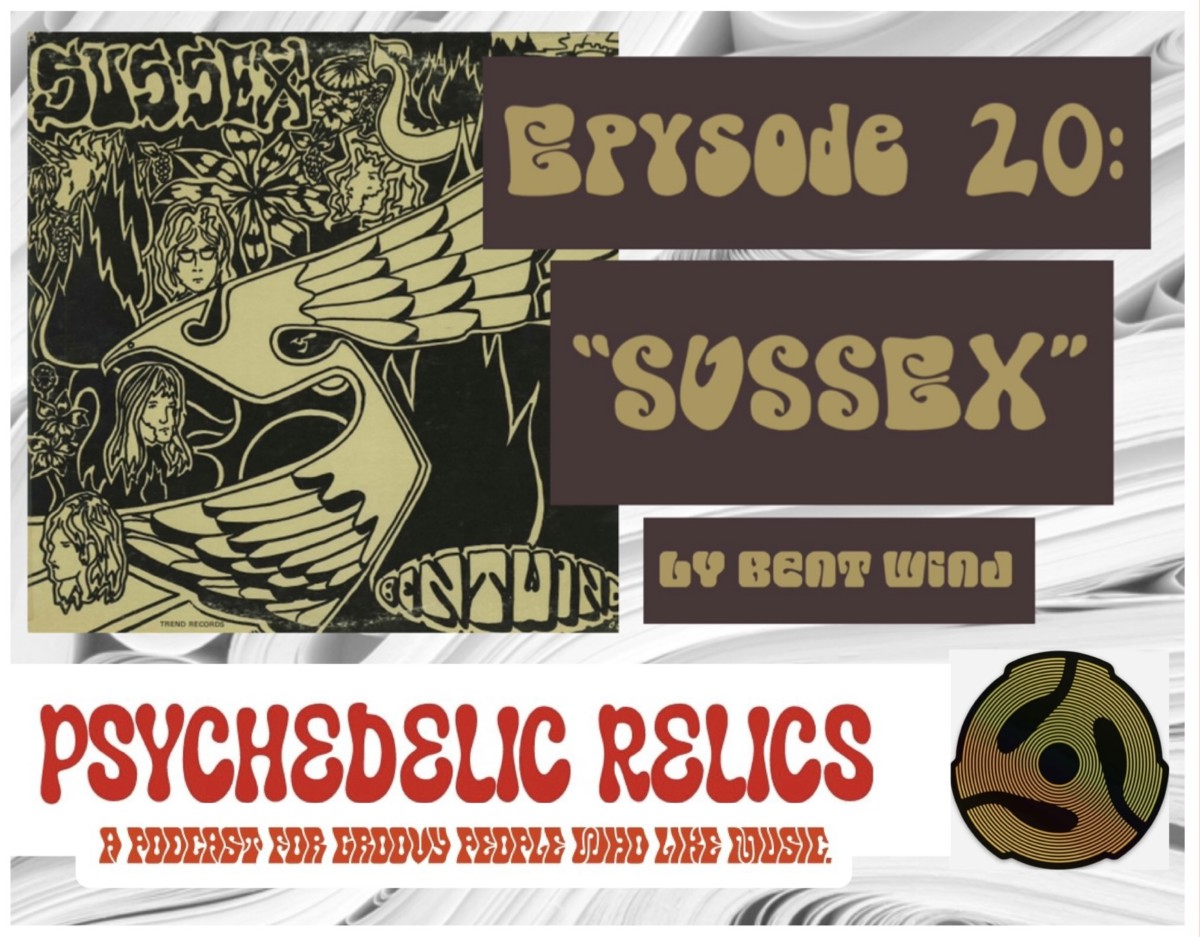
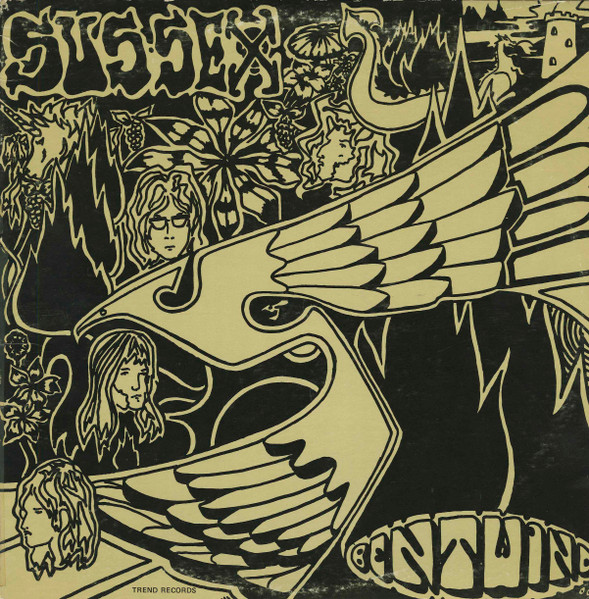
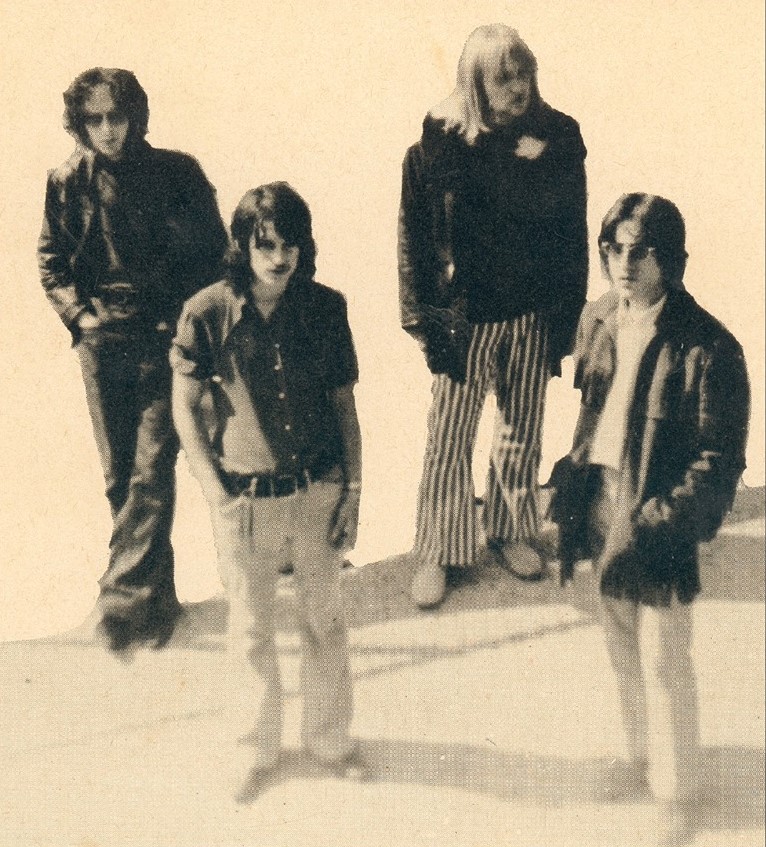
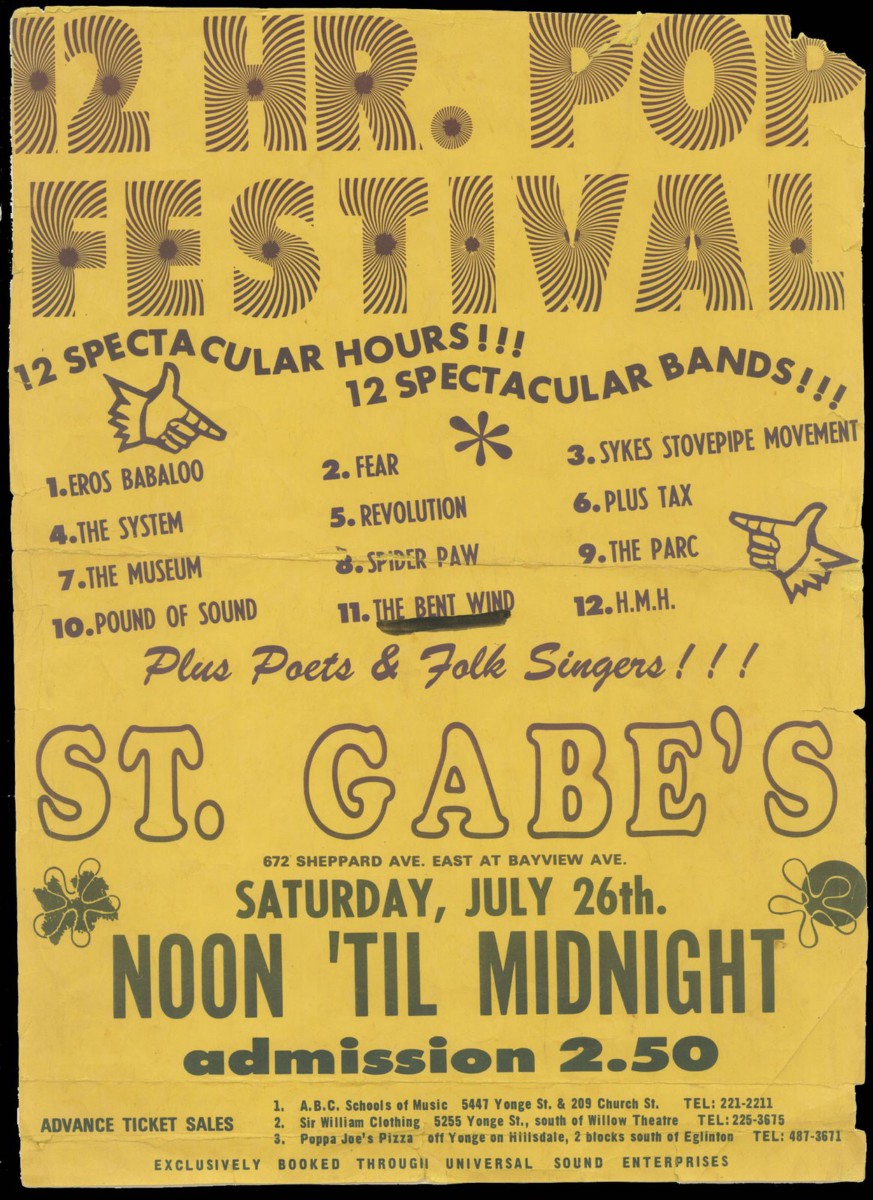
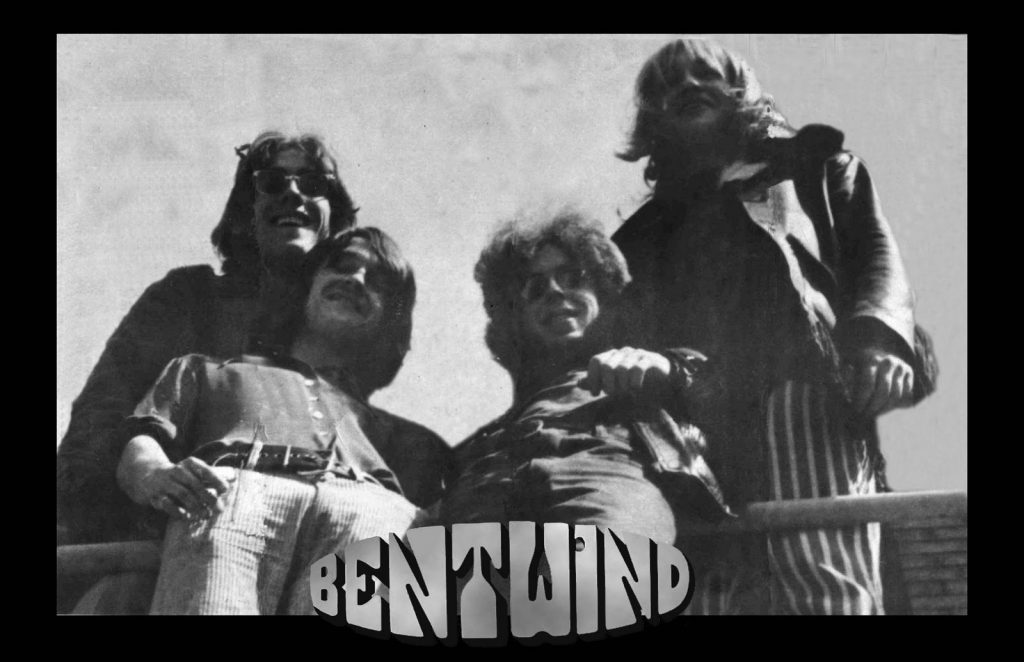
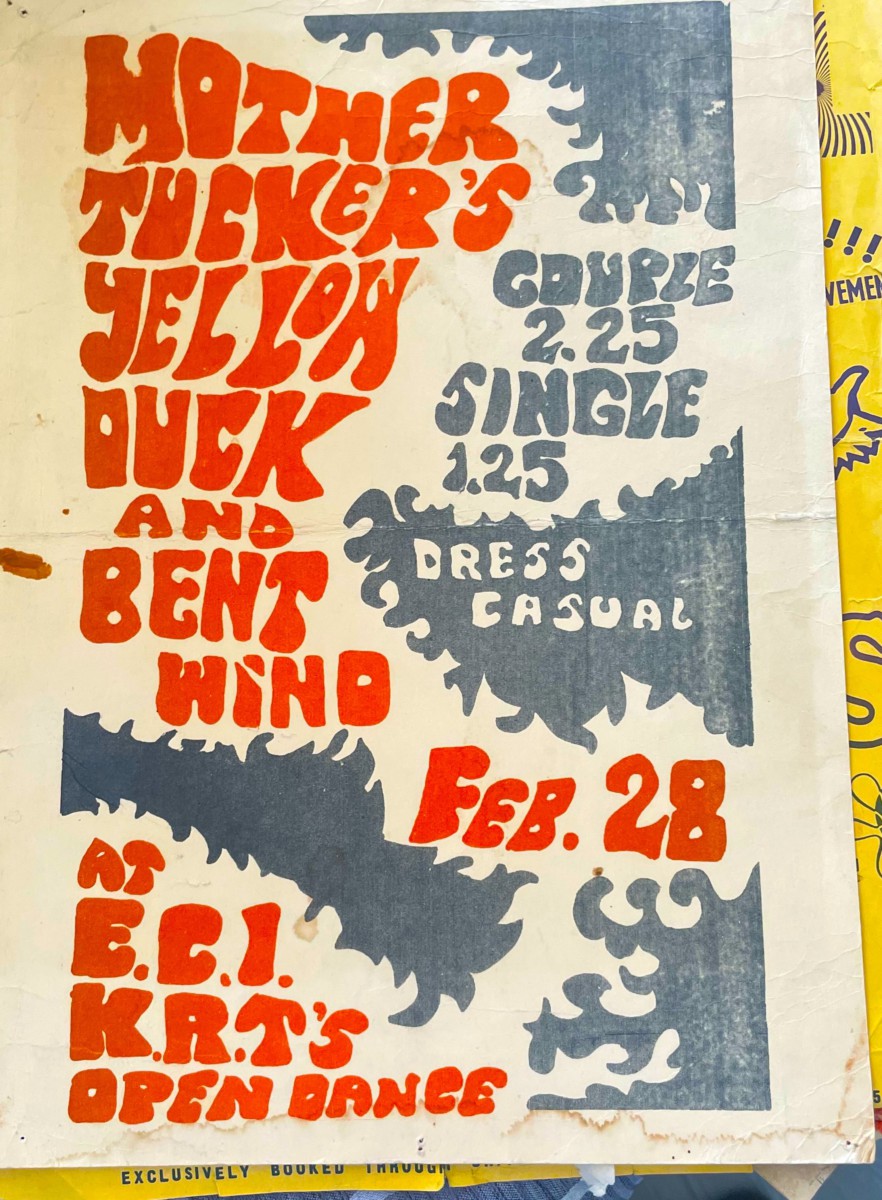
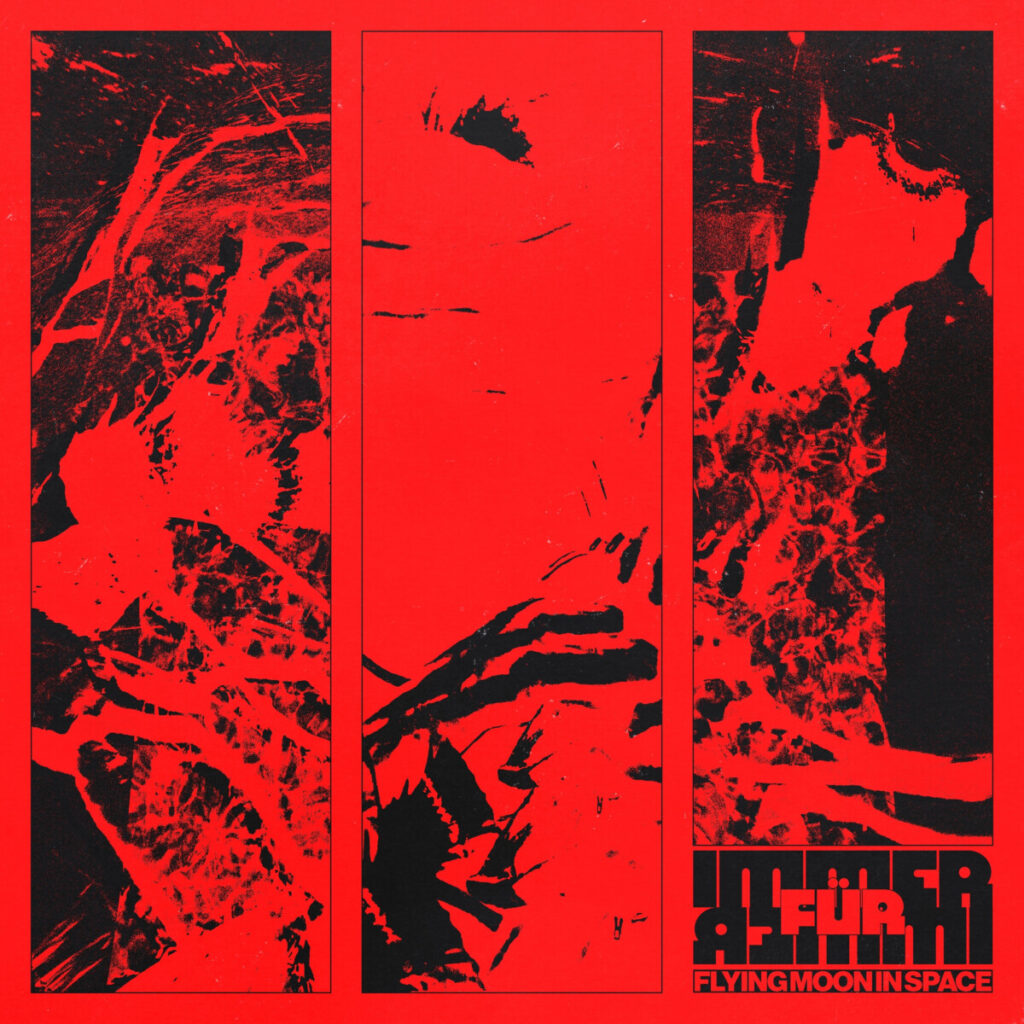
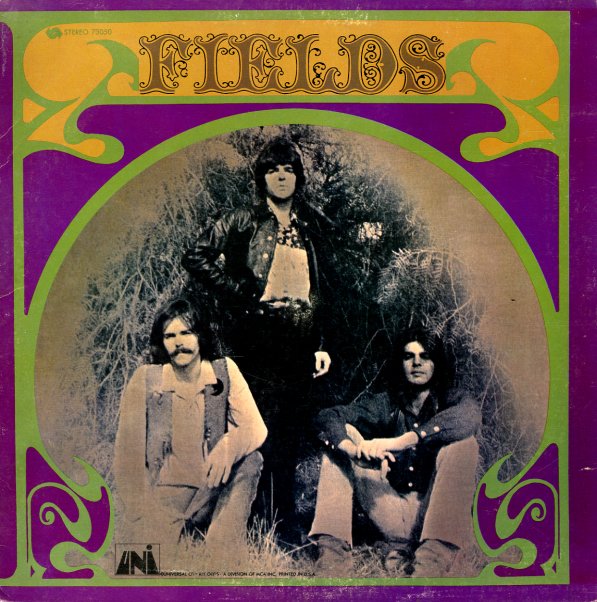

3 thoughts on “Psychedelic Relics: Sussex by Bent Wind”
The blog is well-organized with distinct sections: introduction, product overview, customer experience, innovation/safety, and a strong conclusion. This makes it easy to read and digest.
As an Ayahuasca hub, Kahpi brings together experts from various fields to offer academic and real-world information about ayahuasca in accessible language, bridging indigenous knowledge with modern thought
Really appreciate the insights you’ve shared in this post—it’s rare to find such well-researched and UK-specific cannabis content. As someone passionate about promoting quality products and education in this space, I found it especially valuable. Keep up the great work! For anyone interested, we’re also sharing helpful info and top-shelf products over at https://thcandvapes.co.uk/—feel free to check us out!